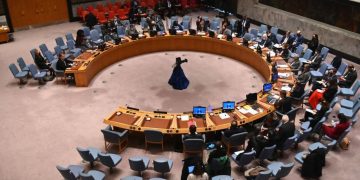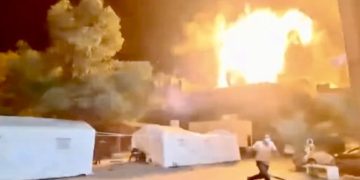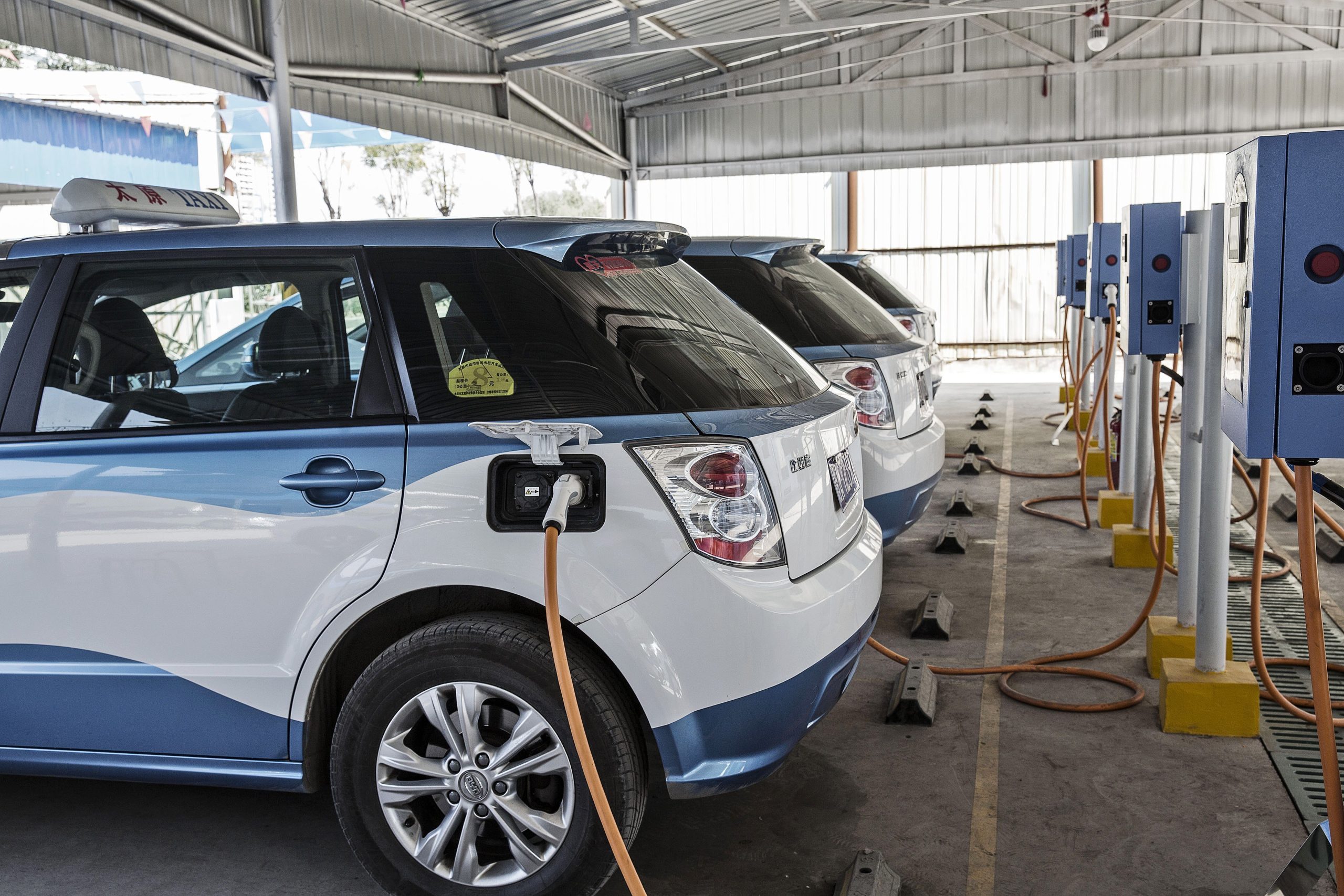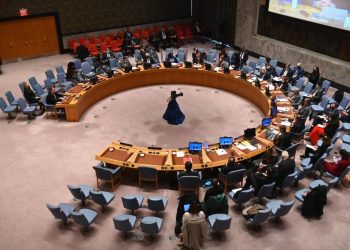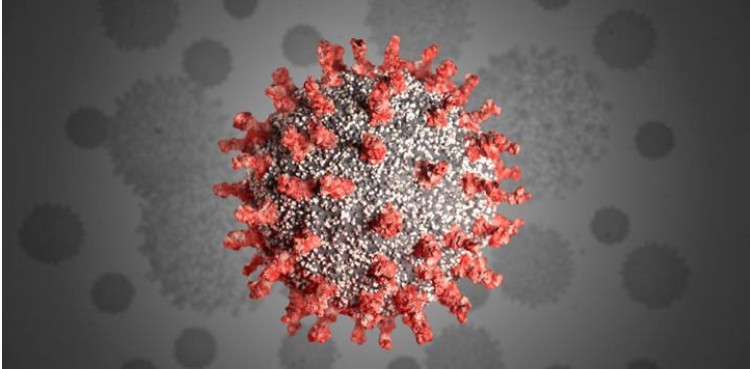The number of people known to have died in the horrific wildfire that levelled a Hawaiian town reached 106 on Tuesday, authorities said, as a makeshift morgue was expanded to deal with the tragedy.
State governor Josh Green has repeatedly warned that the final toll from last week’s inferno in Lahaina – already the deadliest US wildfire in over a century – would grow significantly, urging Hawaiians to gird for a number that could be two or three times its present level.
Maui County officials updated the death toll to 106 on Tuesday, with Green saying earlier that over a quarter of the disaster zone had been searched by dogs trained to sniff for bodies.
Refrigerated containers were being pressed into use as makeshift morgues at the Maui Police Forensic Facility on Tuesday, an AFP journalist observed, as the largely rural island struggled to cope with the sheer number of dead.
Green warned against any attempt at a land grab in the devastated remains of Lahaina, as locals fret that deep-pocketed developers might take advantage of people’s desperation and try to buy up plots that can be turned into luxury housing or more lucrative short-term rentals.
“Our goal is to have a local commitment – forever – to this community, as we rebuild,” he said.
“So we will be making sure that we do all that we can to prevent that land from falling into the hands of people from the outside.”
DNA
The difficult process of identifying the dead inched forwards on Tuesday, with officials saying they had collected DNA samples from 41 people whose relatives were missing.
Only five of the dead have been identified so far, with officials from Maui County releasing two of the names after notifying their families.
“We offer our deepest condolences to the families who are beginning to receive notifications about their loved ones,” Maui County Mayor Richard Bissen said in a statement.
The island’s police chief has said that many of the bodies are so badly charred that they are unrecognizable, such was the ferocity of the blaze.
Stories of horrifying escapes continued to emerge, as did more testimony about the lack of official warning of the fast-moving blaze.
Annelise Cochran told AFP she had been reassured when officials said a small blaze in the hills had been contained last Tuesday morning.
But it had suddenly, and dramatically, flared.
“We saw smoke billowing and the blue sky had turned a dark shade of brown and the wind was whipping at 80-plus miles an hour. It was very, very fast; shocking to see,” the 30-year-old said.
“We saw flames, and we realized it was coming right for us,” she said, adding no evacuation order had been issued.
After trying to flee by car only to find her way blocked by vehicles abandoned by their terrified drivers, she decided the ocean offered her only escape.
“We fully submerged ourselves into the water to get our faces down as much as we could, so that we were breathing the air that was only on the surface of the water, because the air got very acrid and horrible to breathe,” Cochran said.
It was hours before she was plucked from the water.
Toxic chemicals
Residents desperate to get back to check on the homes they fled have expressed frustration at bans that have prevented people from getting into Lahaina.
Officials warned of the dangers of unstable buildings and potential airborne toxic chemicals in the area, and said on Monday that one arrest for trespassing had been made.
A police placard system that was supposed to let people back into Lahaina descended into chaos Monday, when it was suspended an hour after starting.
“The miscommunication is abysmal – people are very angry and frustrated, and this is getting worse,” said Stephen Van Bueren, 42, a local church pastor who waited for more than an hour to get a placard, without success.
Questions are being asked about authorities’ preparedness and response to the catastrophe.
Some fire hydrants ran dry in the early stages of the wildfire, and multiple warning systems either failed or were not activated.
A class-action lawsuit has been filed against Hawaiian Electric, the state’s biggest power firm, claiming the company should have shut off its power lines to lower the risk of fire.


